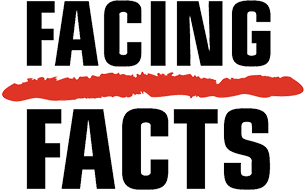In line with the Framework Decision on combating racism and xenophobia by means of criminal law (2008/913/JHA and other international standards, most EU member States criminalise the public incitement of hatred, violence, or discrimination against individuals or groups based on characteristics such as “race”, religion, ethnicity, and nationality and other protected characteristics. There is also significant variation across the EU on precisely what forms of hate expression are criminalised.
European countries must navigate the balance between protecting freedom of expression—a fundamental right under the European Convention on Human Rights—and protecting individuals from harm caused by hate speech. This often results in debates over where to draw the line between illegal hate speech and protected speech.
A key challenge for national responses is the jurisdictional nature of the internet. Content hosted in one country can be accessed across borders, complicating enforcement efforts. This has led to calls for greater cooperation between States and with tech companies to address and remove such content.
The Facing Facts report Current Activities and Gaps in Hate Speech Responses includes a section detailing the international and European Union frameworks for addressing hate speech, specifically emphasising the framework for online hate speech.
This page aims to provide an overview of legislation related to hate speech in EU national contexts.
It is important to note that information presented here is not intended to be definitive or exhaustive, but rather serves as a guide to help understand the diverse approaches taken by different countries to address this complex phenomenon.
If you would like to send us updates on national legislation, you can reach us at facingfacts@ceji.org.


 Facing Facts is co-funded by the Citizens, Equality, Rights and Values Programme
Facing Facts is co-funded by the Citizens, Equality, Rights and Values Programme